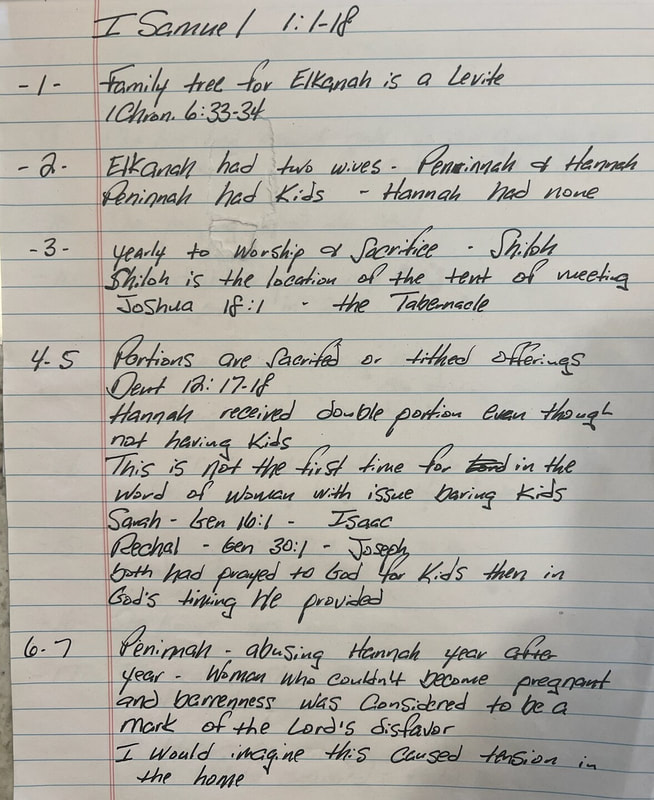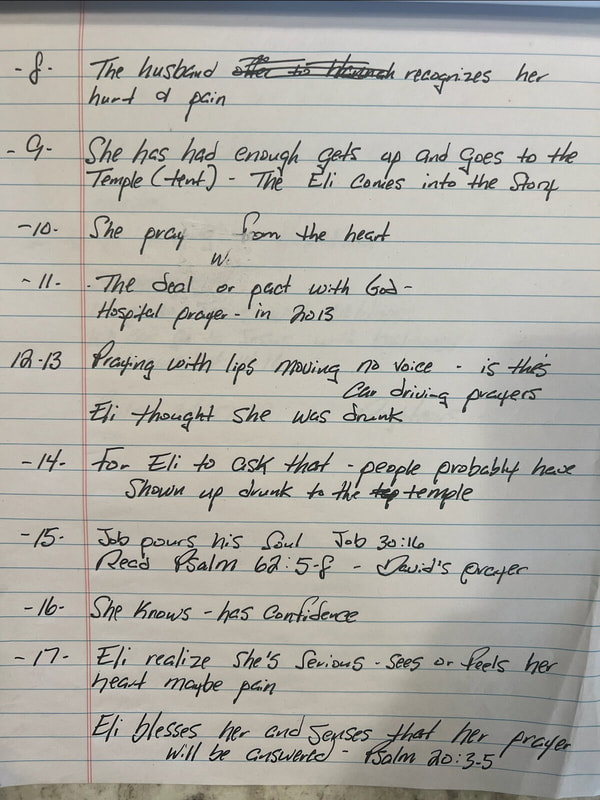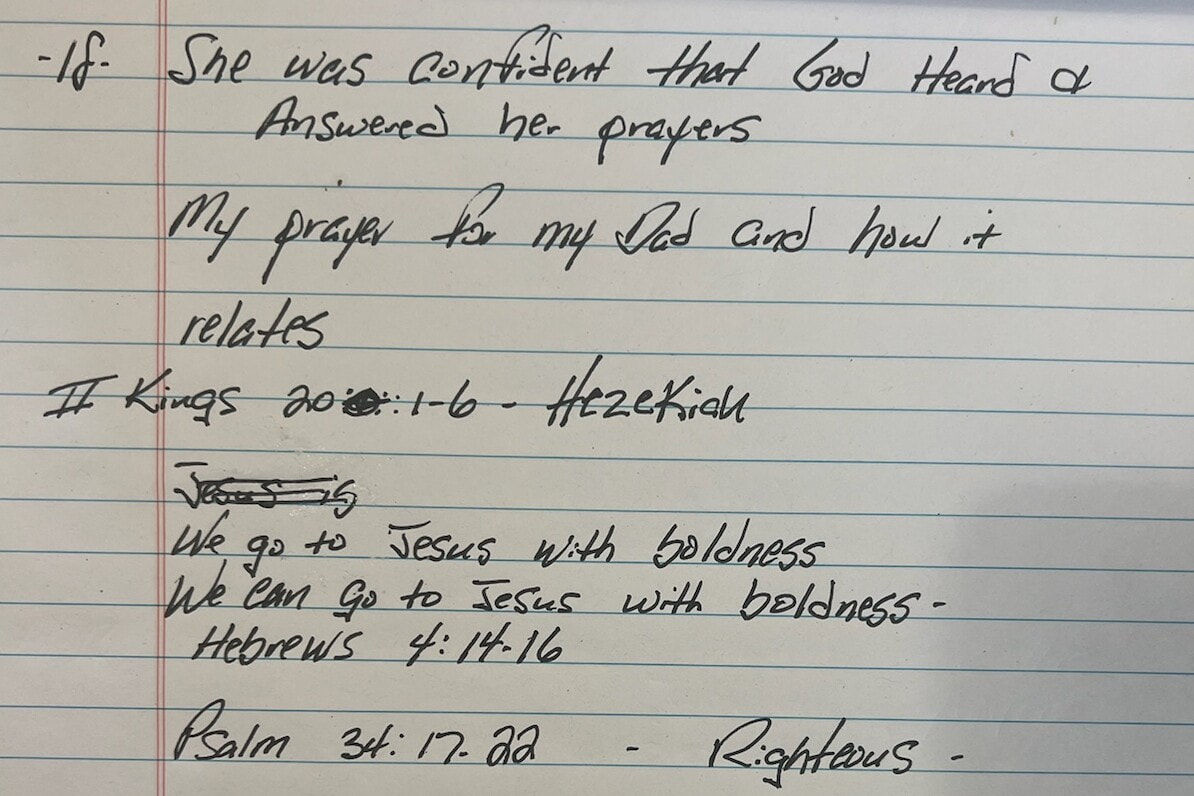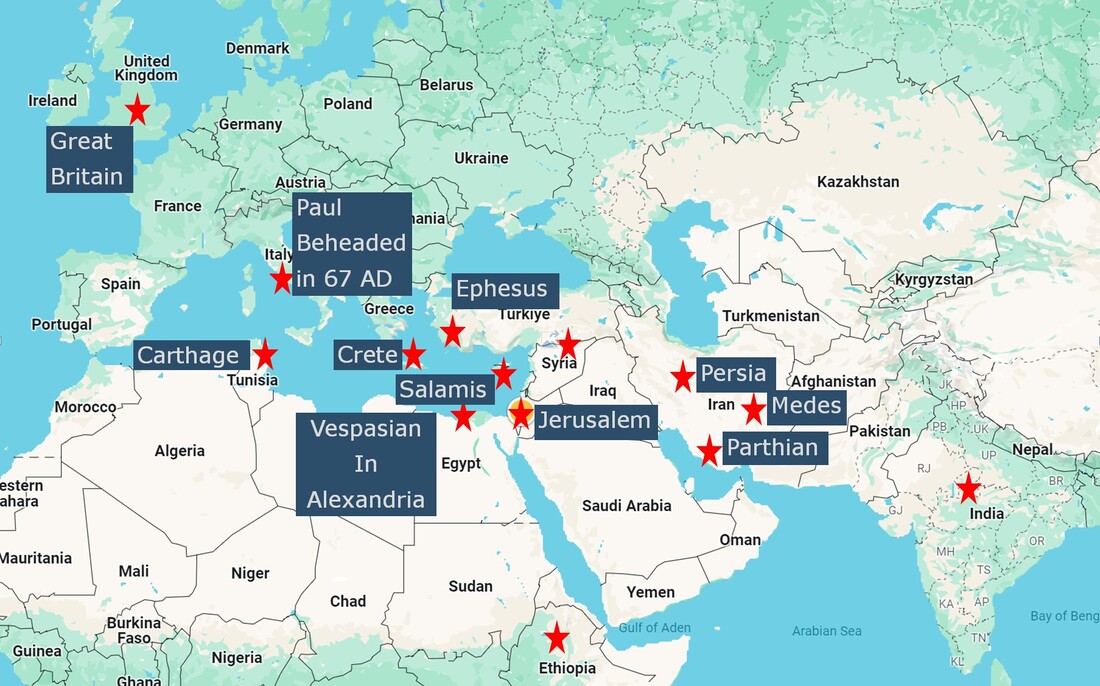| Teacher: Rusty Kennedy Series: Bible Stories |
Rusty's Notes | |
GENESIS 3
1 Now the serpent was the most cunning of all the wild animals that the Lord God had made.
- Adam was made ruler over the animals but in this instance became subject to the animals.
- Satan is already twisting the Word of God.
- Genesis 2:16-17 - And the Lord God commanded the man, “You are free to eat from any tree of the garden, 17 but you must not eat from the tree of the knowledge of good and evil, for on the day you eat from it, you will certainly die.”[1]
- We tend to distort the Word of God ourselves when we try to quote it.
- We can add more rules to it… which is legalism or
- We can make it less vague to establish our own truth.
- There is a big difference between physical death and spiritual death.
- Death had never occurred at this point.
- Satan has always proclaimed that God would not punish sin.
- God’s intent was for the welfare of Adam & Eve, but Satan insisted it was God’s welfare at their expense.
- 1. Eve saw that the tree was "good for food" (the lust of the flesh: the desire to do something contrary to God's will, i.e., eat the tasty fruit).
- 2. It was "delightful to look at" (the lust of the eyes: the desire to have something apart from God's will, i.e., possess the attractive fruit).
- 3. It was "desirable for obtaining wisdom" (the pride of life: the desire to be something apart from God's will).
- Temptations are not sins until we respond by giving in to them.
- Eve was not more susceptible to sin (that is not Biblical).
- But she was also not the one who was given the command directly.
- The last person Eve talked to before succumbing to temptation was who? Satan.
- Couldn’t she have confirmed the Truth with God before she made her decision?
- What was the look they gave to each other right before the first bite?
- We don’t know what kind of fruit it was.
- The root of sin should be understood.
- The foundation of all sin lies in man's desire of self-assertion and his determination to be independent of God.
- With the Fall came a tragic loss of innocence (together with resulting shame).
- God has given us an inner judge called “conscience” that accuses when we do wrong and approves when we do right (Rom. 2:12–16).[2]
- Non-believers have a conscience of right and wrong.
- Believers have a Spirit to determine things of the Spirit and things of the flesh.
SIN’S CONSEQUENCES
8 Then the man and his wife heard the sound of the Lord God walking in the garden at the time of the evening breeze, and they hid from the Lord God among the trees of the garden. 9 So the Lord God called out to the man and said to him, “Where are you?”
- Did God not already know where they are?
11 Then he asked, “Who told you that you were naked? Did you eat from the tree that I commanded you not to eat from?”
- “Who told you that you were naked?”
- “Who is feeding you all these lies?”
- The fact that Adam viewed God's good gift to him (Eve) as the source of his trouble, shows how far he fell (v. 12).
- He virtually accused God of causing him to fall, by giving him what he now regarded as a bad gift.
And the woman said, “The serpent deceived me, and I ate.”
- The text records several effects of the Fall on Adam and Eve.
- 1. They felt guilt and shame (v. 7)
- 2. They tried to change these conditions by their own efforts (v. 7).
- 3. They fled from God's presence out of fear of Him (vv. 8, 10).
- 4. They tried to blame their sin on another rather than confessing their personal responsibility (vv. 12, 13).
Because you have done this,
you are cursed more than any livestock
and more than any wild animal.
You will move on your belly
and eat dust all the days of your life.
- As the result of man's disobedience to God, the creation suffered a curse and began to deteriorate.
- Evolution teaches that man is improving his condition through self-effort.
- Eating dust is an expression used in other ancient Near Eastern writings to describe the lowest of all forms of life.
- The snake is a natural symbol of sin. It comes spontaneously to the mind; for sin,
and between your offspring and her offspring.
He will strike your head,
and you will strike his heel.
- Most interpreters have recognized this verse as the first biblical promise and prophecy of the provision of salvation from sin.
- The woman being Mary and Jesus being her offspring (the Messiah to come).
- Some interpreters have believed that this is the first prediction of the virgin birth of Messiah, since it is specifically the seed of "the woman" and not the man that would crush the serpent.
- Jesus will strike the head of Satan.
- Satan will strike the heel of Jesus.
- One blow leaves a bruise and the other is fatal.
I will intensify your labor pains;
you will bear children with painful effort.
Your desire will be for your husband,
yet he will rule over you.
- The woman will desire to dominate the relationship with her husband.
- This is where the battle of the sexes began.
The ground is cursed because of you.
You will eat from it by means of painful labor
all the days of your life.
- Adam was previously working in the garden, but now he must toil in the garden… he’s gonna sweat.
and you will eat the plants of the field.
19 You will eat bread by the sweat of your brow
until you return to the ground,
since you were taken from it.
For you are dust,
and you will return to dust.”
- A physical death is looming.
- This was the first animal sacrifice made.
- Blood was shed due to their sin.
- This was an act of grace.
- Man realized they needed to be saved from the effects of their sin.
[1] Christian Standard Bible (Nashville, TN: Holman Bible Publishers, 2020), Ge 2:16–17.
[2] Warren W. Wiersbe, Be Basic, “Be” Commentary Series (Colorado Springs, CO: Chariot Victor Pub., 1998), 64.
[3] Christian Standard Bible (Nashville, TN: Holman Bible Publishers, 2020), Ge 3:1–24.





 RSS Feed
RSS Feed